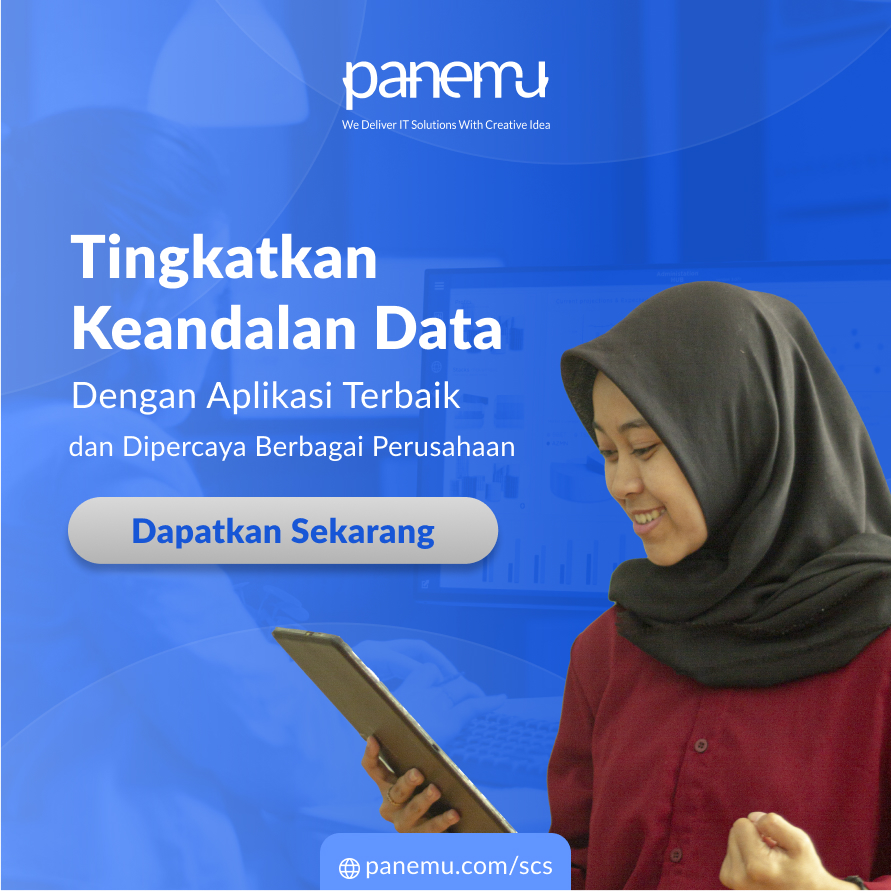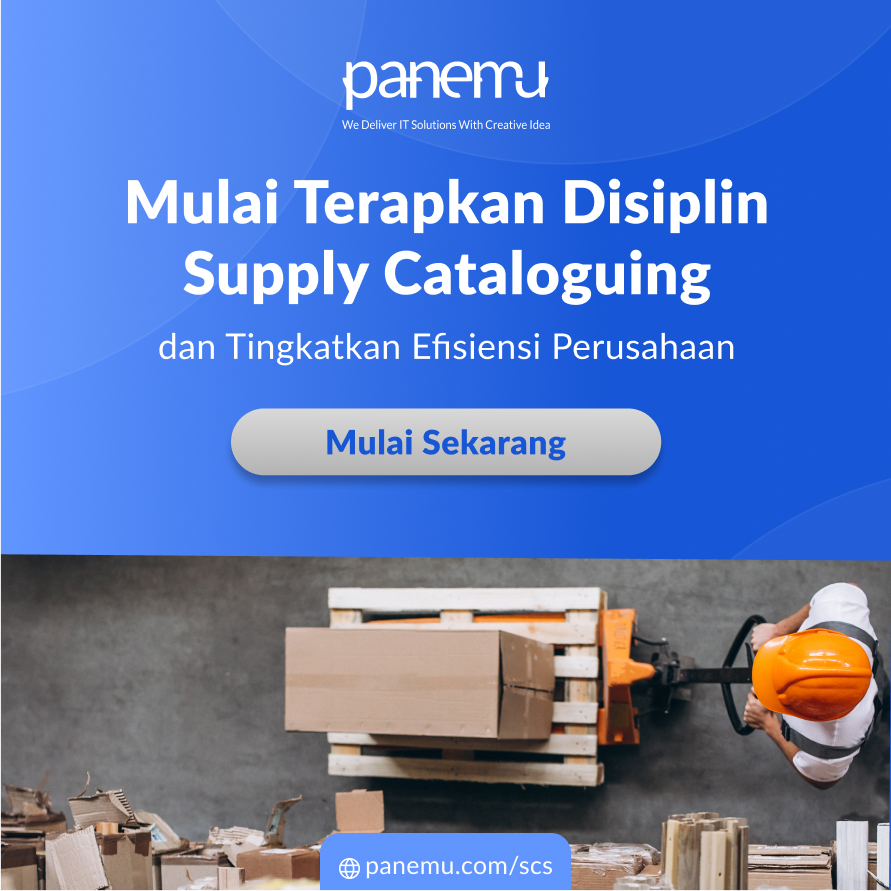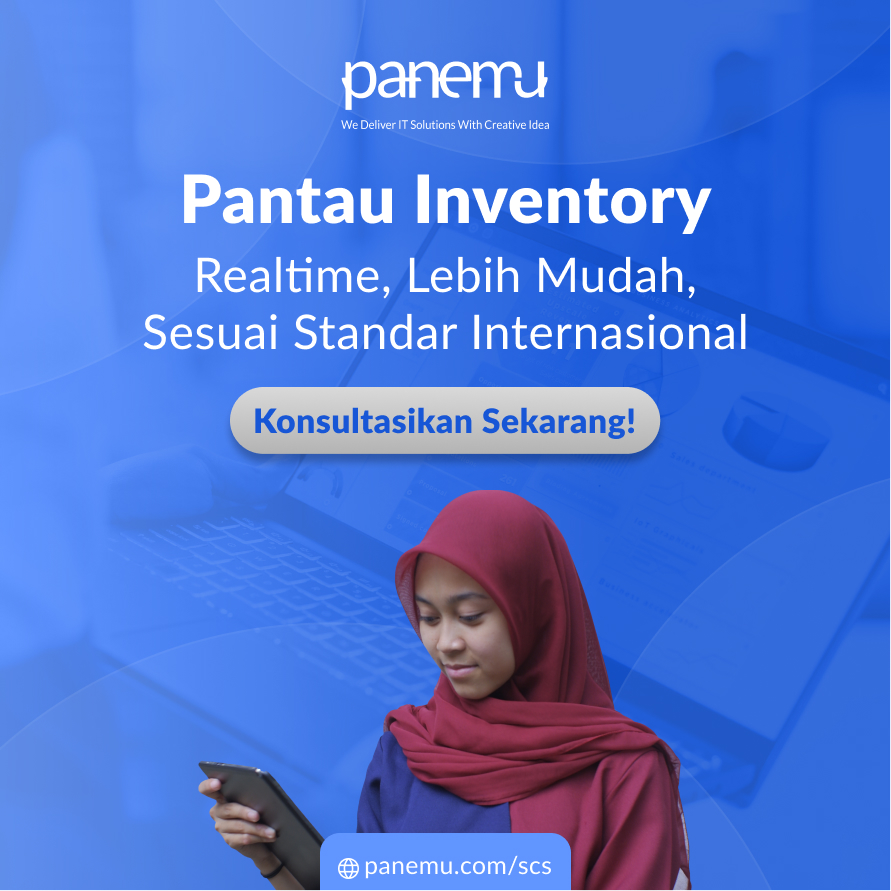In a world where operational agility dictates the pace of business growth, the pursuit of integration is no longer a luxury—it is a necessity. Imagine a business environment where finance, inventory, procurement, human resources, customer relationships, and manufacturing operate as one seamless unit. This is not a futuristic vision, but a current reality enabled by Enterprise Resource Planning, or ERP. For educators and professionals alike, understanding ERP from the ground up is indispensable for empowering decision-making, enhancing productivity, and fostering sustainable development in every sector.
ERP is more than just software. It is a strategic framework for synchronising all business functions into a cohesive system that offers clarity, control, and continuity. This article seeks to demystify the fundamentals of ERP with a professional yet approachable tone, integrating real-world functional examples and structured explanations that deliver information effectively and clearly.
What is ERP?
Enterprise Resource Planning (ERP) refers to a type of software system that organisations use to manage and integrate the core aspects of their business operations. ERP systems consolidate various functions—such as finance, supply chain, operations, reporting, manufacturing, and human resource activities—into a single system, thereby enhancing visibility and efficiency.
An ERP system streamlines processes by collecting shared transactional data from multiple sources, reducing data redundancy, and providing a single source of truth for the organisation. This unified database enables real-time reporting, decision-making, and consistent data flow across departments.
The Core Objectives of ERP
1. Integration Across Business Functions
ERP eliminates silos by enabling different departments to share and access data from a central repository. For instance, when a customer places an order, ERP ensures that the inventory team, finance, and logistics departments are all updated instantly.
2. Improved Productivity
ERP automates repetitive tasks such as payroll processing, order tracking, and invoicing. This allows staff to focus on more strategic and creative aspects of their roles, thereby improving organisational productivity.
3. Enhanced Reporting and Analytics
ERP systems offer built-in analytics tools that help users generate insightful reports. Real-time data visualisation facilitates better strategic planning and performance measurement.
4. Regulatory Compliance and Risk Management
Many ERP systems come with compliance features tailored to specific industries. These tools help businesses adhere to standards such as ISO, SOX, and GDPR, thus mitigating legal risks.
5. Scalability and Flexibility
ERP systems are designed to grow with your business. Whether a company expands its workforce or introduces new product lines, ERP accommodates these changes with minimal disruptions.
Fundamental ERP Modules
To truly grasp the breadth of ERP systems, it is essential to understand the key modules that form the backbone of this integrated solution.
1. Financial Management
This module encompasses general ledger, accounts payable and receivable, budgeting, and financial reporting. It ensures accurate financial data tracking and simplifies audits.
2. Human Resource Management (HRM)
HRM modules manage employee records, payroll, recruitment, performance reviews, and benefits administration. It supports the entire employee lifecycle.
3. Supply Chain Management (SCM)
From procurement to production and delivery, this module oversees every aspect of the supply chain. It optimises inventory levels, supplier relationships, and shipping logistics.
4. Customer Relationship Management (CRM)
CRM modules track customer interactions, manage leads, and streamline sales processes. They enhance customer satisfaction by enabling personalised service.
5. Manufacturing and Production Planning
This module facilitates material requirement planning, scheduling, shop floor control, and product lifecycle management. It ensures timely production with minimal waste.
6. Inventory and Warehouse Management
It monitors stock levels, warehouse movements, and product expiry dates. Real-time visibility prevents overstocking and stockouts.
Functional Application of ERP
To further illustrate the practical value of ERP systems, here are functional applications that reflect how organisations leverage ERP in daily operations.
1. Automating Procurement in a Manufacturing Firm
Imagine a mid-sized automotive parts manufacturer that frequently runs into delays due to procurement mismanagement. With ERP, the procurement module automates vendor communications, tracks purchase orders, and ensures timely restocking of materials. It also integrates with finance to reflect real-time budget utilisation.
2. Workforce Management in a Healthcare Provider
A regional healthcare provider uses ERP's HRM module to schedule shifts, manage certifications, and process payroll. As a result, employee satisfaction and patient care improve due to efficient resource allocation.
3. Financial Visibility in a Retail Chain
A multi-branch retail chain leverages ERP’s financial module to consolidate income and expenditure reports from all stores. With this consolidated view, the head office can make informed budgeting decisions and monitor financial health.
4. Inventory Control in a Food Distribution Company
Using ERP's inventory management module, a food distributor can track perishable goods in real time. The system alerts when products near their expiry date, ensuring minimal waste and timely distribution.
5. Enhancing Sales through CRM in a Tech Startup
A technology startup integrates CRM with their ERP to track customer touchpoints, analyse sales trends, and manage service tickets. The result is a more responsive and agile sales team that drives revenue growth.
Strategic Benefits of ERP Implementation
1. Holistic Business Insights
Because all modules are interconnected, businesses can draw from a central pool of data to gain comprehensive insights. This enhances strategic alignment across departments.
2. Process Standardisation
ERP systems enforce standard operating procedures. This consistency improves quality, reduces errors, and fosters a culture of operational discipline.
3. Cost Efficiency
Though initial implementation may be costly, ERP significantly reduces long-term operational expenses by minimising duplication of effort, reducing manual tasks, and optimising resources.
4. Agile Decision-Making
With instant access to real-time data, executives and managers can respond swiftly to market changes, customer demands, and internal challenges.
5. Improved Collaboration
Centralised data access breaks down departmental barriers and promotes interdepartmental collaboration. Employees work more effectively as they rely on the same information.
Best Practices for ERP Implementation
1. Needs Assessment
Conduct a thorough evaluation of your organisation's workflows and identify specific needs. This forms the foundation for selecting the right ERP system.
2. Choosing the Right ERP Vendor
Select a vendor with a proven track record in your industry. Consider factors such as scalability, technical support, and customisation capabilities.
3. Effective Change Management
ERP implementation changes how employees work. Invest in training and communication strategies to ensure user acceptance and reduce resistance.
4. Data Migration and Cleansing
Before transferring existing data to the new ERP system, ensure it is clean, complete, and accurate. Poor data quality can compromise system effectiveness.
5. Continuous Evaluation and Optimisation
ERP is not a one-time investment but a dynamic system. Regularly assess performance metrics and adjust configurations to meet evolving business needs.
The Future of ERP: Trends to Watch
1. Cloud-Based ERP
More businesses are moving from on-premise solutions to cloud ERP systems, benefiting from scalability, remote access, and reduced IT overhead.
2. Artificial Intelligence and Machine Learning
AI and ML are being integrated into ERP systems to automate insights, predict outcomes, and offer intelligent recommendations.
3. Mobile ERP
Mobile access empowers employees to access key functionalities on the go, increasing flexibility and productivity.
4. Integration with IoT
In manufacturing and logistics, ERP systems increasingly integrate with IoT devices to track equipment performance, monitor inventory, and predict maintenance needs.
5. Greater Focus on User Experience
Modern ERP vendors prioritise user-friendly interfaces, intuitive dashboards, and customisable workflows to enhance user adoption.
Empowering Modern Business Through ERP
As we've explored, ERP systems are the structural backbone of modern business management. They enable organisations to operate more cohesively, respond to change dynamically, and build a resilient foundation for growth. From streamlining operations to improving collaboration, ERP delivers multifaceted value across every level of the enterprise.
For educators, professionals, and decision-makers, a solid understanding of ERP is more than an academic pursuit—it is a key to unlocking potential in any organisation. By demystifying its core concepts and demonstrating functional applications, this article aims to arm readers with knowledge that is not only useful but transformative.
Ready to bring this efficiency into your operations? Explore how Panemu Cataloguing Service can empower your digital transformation. With tailored solutions that simplify data organisation, streamline classification, and elevate operational transparency, Panemu delivers the strategic edge your organisation needs. Visit https://panemu.com/cataloguing-service to begin your journey toward seamless integration today.


